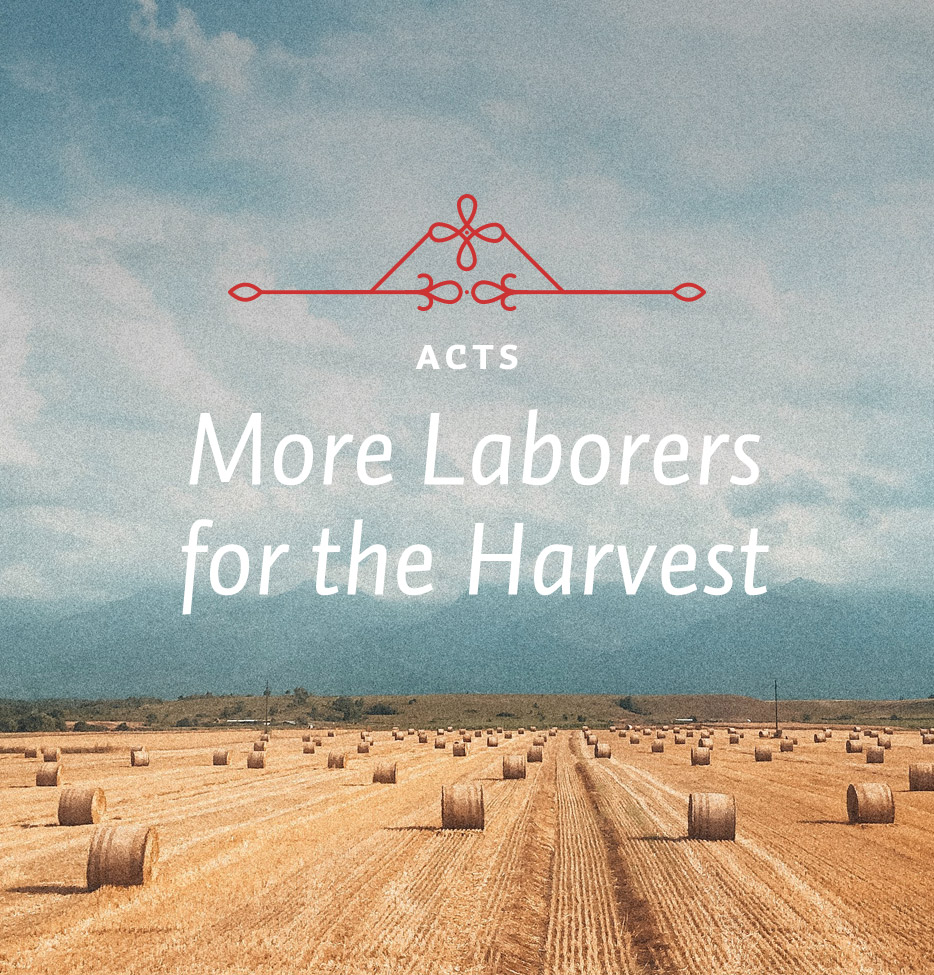One of the great things about closed doors is that they are not always closed forever. Sometimes God uses a closed door to send us in a contrary direction. But then, as we go on in the Christian life, we find that God later opens that very door. We have an example of this in Acts 18.
Acts 16 reported how, when Paul was passing through western Asia for the first time, the Holy Spirit kept closing doors for him so that he eventually ended up at Troas, across the Hellespont from Macedonia. He had wanted to go into Asia, but the Holy Spirit forbade it. He wanted to go into Bithynia, but the Holy Spirit kept him from going there. In other words, he was not permitted to veer either to the left and south or to the right and north. So he kept on and eventually ended up carrying the Gospel into Europe.
But that did not mean that God had forgotten Asia. It might have seemed so. Yet in the province of Asia there was the great city of Ephesus, and at this point in the book—the point at which Paul wraps up his second great journey and heads home—Paul and his companions finally arrived in Ephesus and planted the seeds of what was to become a great work. Ephesus was the second city, after Corinth, in which Paul invested a considerable period of time, and Luke seems to have been particularly aware of the importance of this city because at this point, and indeed for the rest of the next two chapters, he concentrates his account on Ephesus.
Luke’s concentration on Ephesus leads him to do something that has always been confusing to Sunday school teachers. Those who teach Acts know that Paul made three great missionary journeys followed by his final trip to Jerusalem and Rome. It is easy to see where the first missionary journey begins and ends. It begins in Acts 13:2, where the Holy Spirit said to the church in Antioch, “Set apart for me Barnabas and Paul.” It ends at the close of Acts 14, with the account of the missionaries’ return to Antioch to report to the church about the work that had been done. Again, it is easy to see where the second journey begins (Acts 15:36) and where the third journey ends (Acts 21). But here is the problem: it is not easy to see where the division between the end of the second journey and the beginning of the third journey should be placed.
The ending of the second missionary journey and the beginning of the third journey are run together in this passage, so that it is easy to read past them and not understand what is happening.
Nevertheless, there is a division. It is found between verses 22 and 23. Verse 22 says that Paul “landed at Caesarea” and “went up” (the verse does not specify where he went up, but it means Jerusalem) and “greeted the church and then went down to Antioch.” In Antioch Paul would have reported on his second missionary journey, as he had reported on the first. Then verse 23 says, “After spending some time in Antioch, Paul set out from there and traveled from place to place throughout the region of Galatia and Phrygia, strengthening all the disciples.” So these words mark the beginning of the third and final journey.
Why isn’t the division between these two great efforts by Paul more clearly marked? The reason, I think, is that at this point Luke’s interest shifts from the journeys themselves to the establishing of the very great church at Ephesus. At the end of the second journey, which we are dealing with now, Paul passed through Ephesus (though briefly) and met with some success. Therefore, on the third journey, he returned to Ephesus again and spent two years there. This period of service became the longest period of ministry in any place Paul visited.
We have a new mission field, then, beginning with verses 18 and 19. As we study it, the first thing we notice is that this field is also provided for by new workers. Several are mentioned in this chapter. First, there are Priscilla and Aquila, who were already introduced to us at the start of Acts 18. Paul met them in Corinth, and they traveled with him to Ephesus and ended up hosting a church there. Second, we are told of Apollos, an interesting and eloquent man who came to Asia from Alexandria in North Africa. God was providing people to help Paul in the work. He helps us in the same way today.






